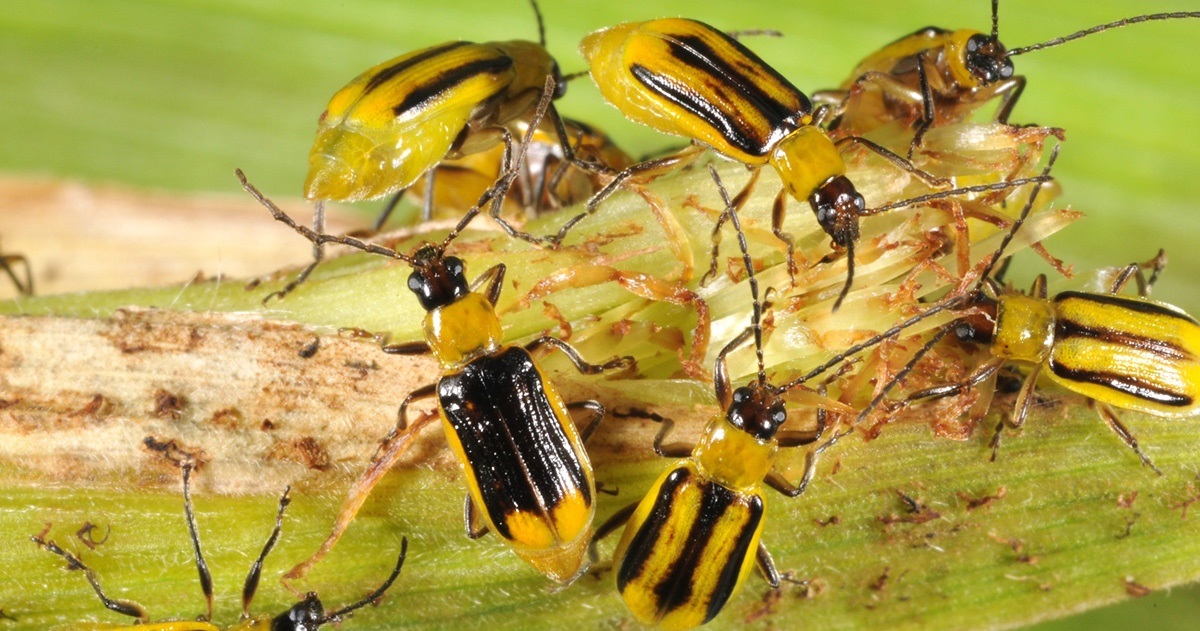Midwestern field trials suggest overuse of GMO corn reduces farmers’ profits, shows short-sighted approach of GMO crops

Published: April 7, 2025
Category: GMO News
Corn genetically engineered to resist corn rootworm pests has become increasingly less effective, leading to economic losses for farmers, according to a new study. An analysis of data covering 12 years and 10 U.S. Corn Belt states reveals that farmers suffer economic loss from the overuse of genetically engineered corn designed to combat rootworm pests. The findings underscore the shortsighted approach of genetically engineered crops.
Christian Krupke, a Dean’s Fellow and professor of entomology at Purdue University, and 19 co-authors from 12 other universities in the U.S., China, and Canada reported their results in the most recent issue of the journal Science. The retrospective study demonstrated that the pest landscape has fundamentally changed in many key corn-growing areas of the U.S. since 2004, the initial year of broad adoption of transgenic corn hybrids targeting corn rootworms.
The project, led by Krupke, documented greater rootworm pest pressure in the Corn Belt states of Illinois, Iowa, Minnesota, Nebraska, North Dakota, South Dakota, and Wisconsin. In these states, farmers more commonly plant corn continuously. In the eastern Corn Belt states of Indiana, Michigan, and Ohio, as well as in other states, farmers practice crop rotation that reduces the need for control through genetically engineered seed or applied insecticides.
In 2003, scientists introduced the first genetically engineered corn hybrid trait lethal to corn rootworms and derived from the bacterium Bacillus thuringiensis (Bt). Since then, farmers have extensively used Bt corn hybrids. Subsequently, multiple field studies have reported Bt resistance in rootworms since 2009, raising doubts about the long-term viability of the Bt traits.
From 2014 to 2016, yield losses attributed to rootworm damage amounted to 47.5 bushels per acre in western states and 8.5 bushels per acre in eastern states, the researchers estimated.
“Overusing Bt may make sense for each individual, but all will eventually lose the technology sooner than might have been the case,” said study co-author David Hennessy, the Cargill Professor in Economic Systems at Iowa State University. “Essentially, each individual does not take account of the harm done to others due to the buildup of genetic resistance to the toxin.”
Farmers thus have tended to use too much of Bt seed targeting rootworms for their bottom-line profit, especially in the eastern Corn Belt.
Source: Purdue University
To view source article, visit: https://ag.purdue.edu/news/2025/02/midwestern-field-trials-suggest-overuse-of-rootworm-resistant-corn-reduces-farmers-profits.html
Organic & Non-GMO Insights April 2025




